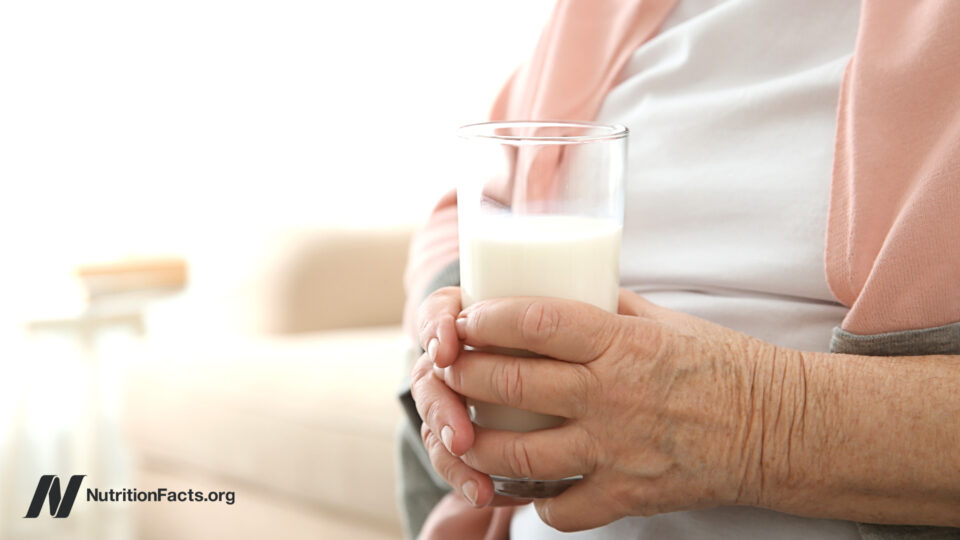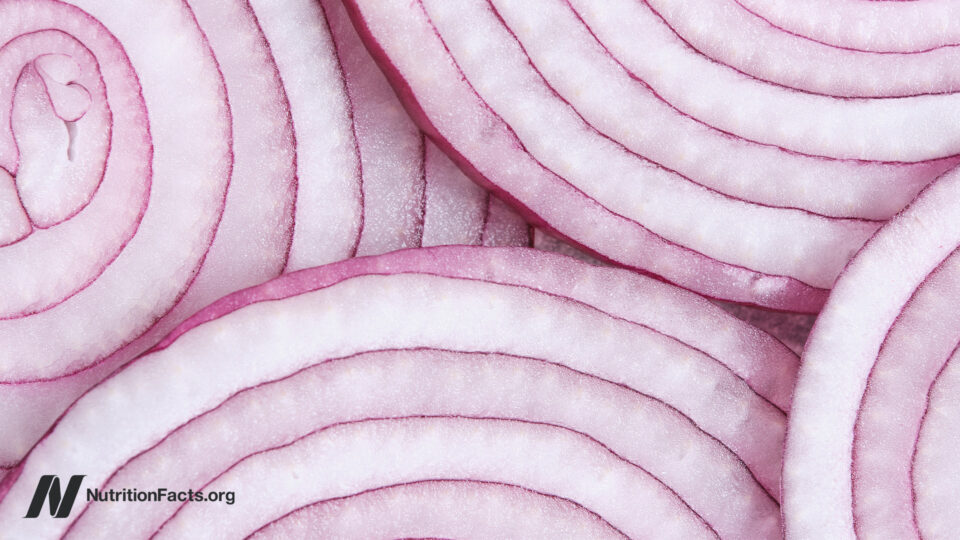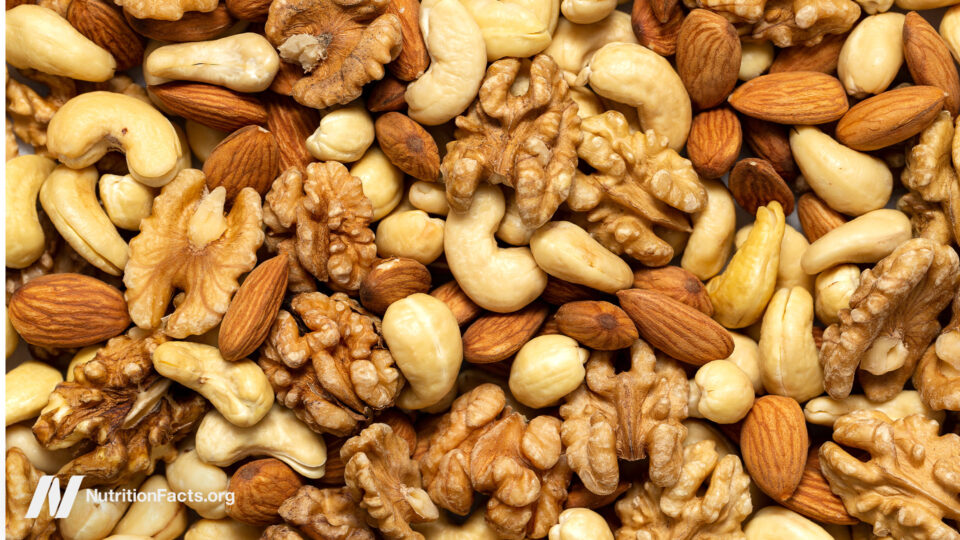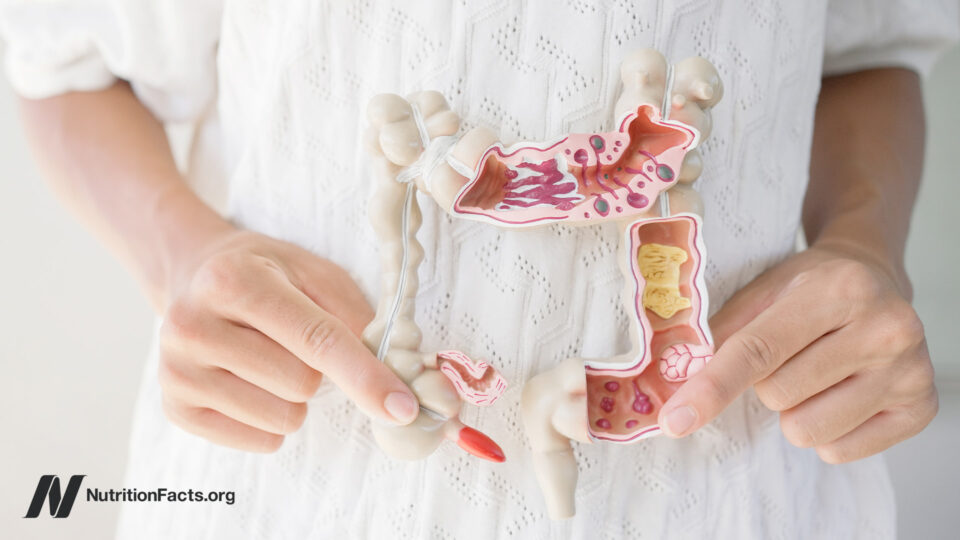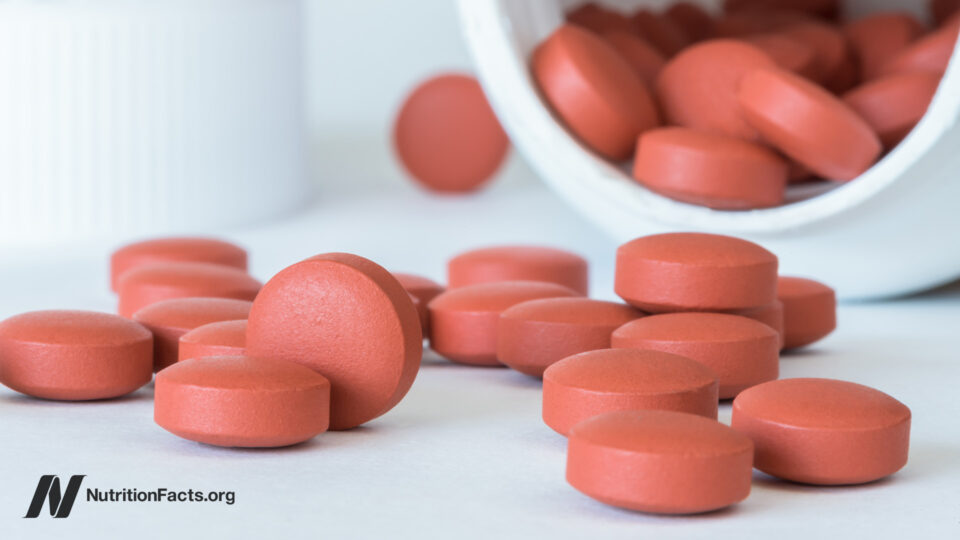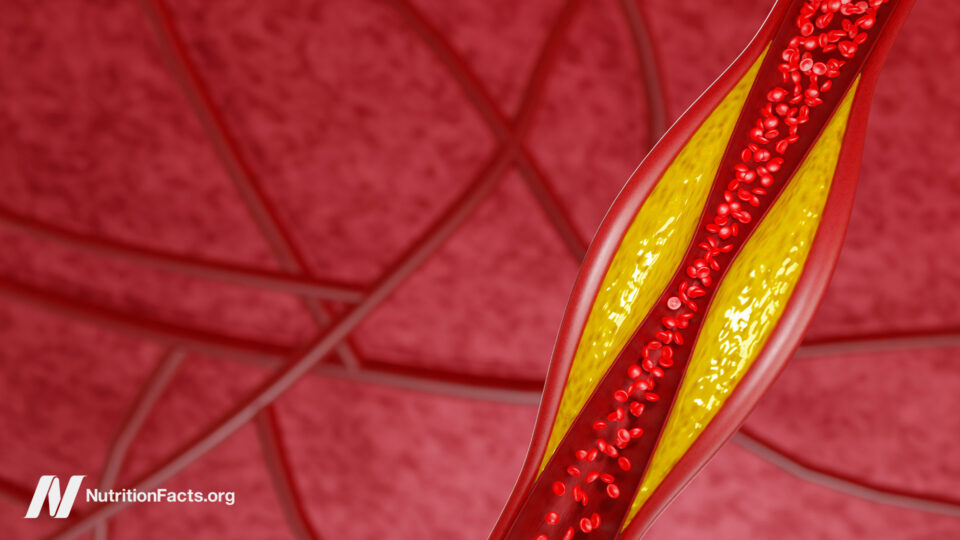What Does Personalized Nutrition Actually Deliver?
There’s a lot of focus on personalized nutrition, but maybe we should focus on taking personal responsibility for our health. “Personalized nutrition (PN) is rooted in the concept that one size does not fit all,” and who doesn’t want to think they’re special? The idea of personalized nutrition is inherently appealing to our ego; that’s […]
What Does Personalized Nutrition Actually Deliver? Read More »


